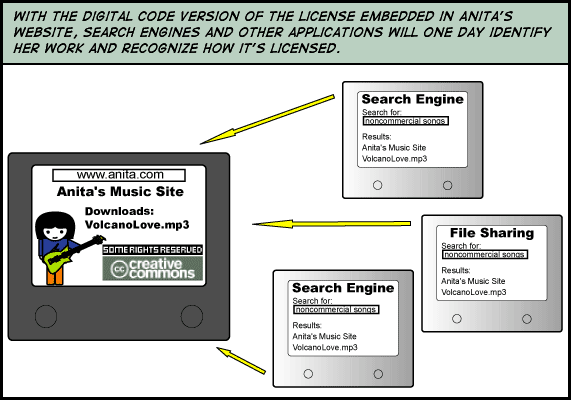http://www.nytimes.com/2008/11/12/technology/internet/12flu.html?_r=2&oref=login&oref=slogin&oref=slogin
The tracker: http://www.google.org/flutrends/
Ferengi Rule of Acquisition #34: War is good for business. | Anticorollary: War is bad for public health. Ferengi Rule of Acquisition #35: Peace is good for business. | Corollary: Peace is good for public health.
[Copying and pasting from the above link:]
PubSearch
PubSearch is a fast, efficient search tool for scientists, medical
professionals and students who rely on the ability to quickly access the
millions of research papers indexed in PubMed. By combining a simple,
efficient user interface with fast access to the PubMed database, PubSearch
lets you concentrate on finding the research articles you need without
getting in your way.
==========================
ALSO AVAILABLE : PubSearchPlus
==========================
For about the same price as a cup of coffee, you get full-text access to
millions of scientific articles indexed through PubMed, all in the palm of
your hand.
PubSearchPlus includes EZProxy support, so that even when you're away from
your Institution's network, you can (if your institution uses EZProxy)
access full-text of articles in any journal your Institution subscribes to.
What's new
==========================
MAJOR IMPROVEMENT IS HERE
==========================
PubSearch v1.3 saves the current search results when exiting the app.
Importantly this means that when you click "email" to send an article
abstract in an email, and you return to PubSearch, your search results are
still right there!
No more re-entering searches each time you send an article abstract by
email.
it shows what journals other people are reading ... like if they're reading the same ones, and i think it keeps track of your references, and i think it, like, "bibliographizes" stuff for you, like puts it in APA format.
I provide the content and funding + You (whoever you are) provide the programming and tech support = We enhance and save lives.

Got an assignment today to "research on technolgy [sic] and reaching youth with health messages." Might as well document it for myself and everyone else.
everything you need to know
Stanford professor Dr. BJ Fogg organized a conference (texting4health.org -- the name says it all) earlier this year addressing mobile-technology for health. He states, "Mobile phones will become the #1 platform for persuasion." Looks like the conference was done in partnership with, amongst others, the American Heart Association and ISIS.
This is excellent, it's not youth specific, but if you combine the info presented here with the pew internet research (where the above charts came from), i think it adds up to something that makes sense. and much, much more useful, telling data.
other stuff i found
case study
youth and electronic communication (section 4)
not youth oriented, but this gives you an idea of different ways to interact with and present info to the youth via texting service.

How UnaMesa supports Open Source developers
How UnaMesa supports social organizations that use Open Source
How UnaMesa supports businesses that work with Open Source
SMS as a modality for public health communication is so 1.5+ years ago. It's trendy and effective(!) in Africa and certainly applicable to other rural areas of the world (mental note: remember this for vaccination projects in greater China as well as Vietnamese communities beyond Hanoi and Saigon). In case you're interested in hopping on the bandwagon, here are good resources I picked up from attending a NetSquared presentation featuring Ben Rigby:
Anyhow, and beyond that, according to a Wikipedia entry on mobile advertising:
"Other forms include MMS advertising, advertising within mobile games and mobile videos, during mobile TV receipt, full-screen interstices, which appear while a requested item of mobile content or mobile web page is loading up, and audio adverts (eg, in the form of a jingle before a voicemail recording)."
Throwing down the gauntlet to myself and others to flesh out these other forms of mobile public health PSAs.

